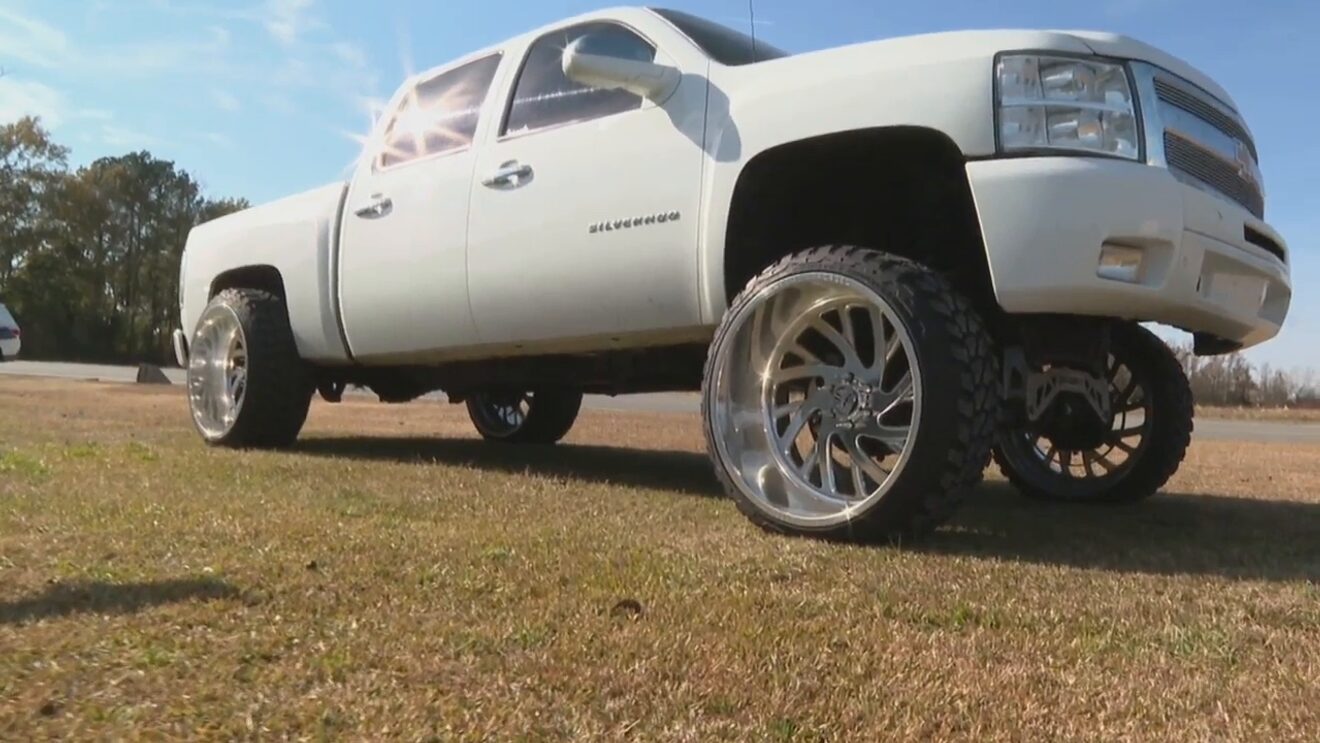A new study by Farmer & Morris Law reveals why North Carolina was among the first states to ban the controversial Carolina Squat vehicle modification. With nearly 60% of squatted vehicle accidents involving rollovers and 40% of drivers reporting reduced braking control, state officials have taken strong action to curb the risks.
Key Findings:
- North Carolina implemented its Carolina Squat ban in 2021, citing severe safety concerns, including impaired visibility and increased rollover risk.
- The state enforces fines of up to $300 and a 12-month license suspension for repeat offenders.
- Experts warn that raising a vehicle’s front-end dramatically shifts its center of gravity, increasing the likelihood of fatal crashes.
- Headlights on squatted vehicles blind oncoming drivers, creating additional hazards.
Why North Carolina Banned It First
According to the study, North Carolina implemented its ban in 2021, responding to data and community feedback that showed a direct link between squatted trucks and severe traffic incidents. The state cited the following primary safety concerns:
- Impaired visibility: The front-end lift obstructs the driver’s view of the road and nearby vehicles or pedestrians.
- Increased rollover risk: Altering the vehicle’s natural center of gravity raises the chance of tipping during sharp turns or collisions.
- Braking inefficiencies: A disproportionate stance affects how weight is distributed during braking, reducing overall control.
North Carolina’s penalties for violating the ban reflect its commitment to road safety:
- A $100 fine for the first offense.
- A $200 fine for the second offense.
- A $300 fine and a 12-month license suspension for third-time offenders.
Other States Follow Suit
Since North Carolina’s groundbreaking move, other states have followed, each responding to similar safety concerns and community pressure:
- South Carolina banned the Carolina Squat in 2023, imposing fines of $100 for the first offense, $200 for the second, and $300 plus a 12-month suspension for the third.
- Tennessee passed its ban in 2024, with higher fines: $250, $500, and $500 for successive offenses, with a license suspension on the third.
- Virginia enforced its prohibition in 2022, citing visibility and braking issues, with a similar $250–$500 fine structure and a license suspension for repeat violations.
- Georgia, also banning the mod in 2024, implemented slightly more flexible rules by allowing up to a 6-inch lift, but still penalizes violations heavily, with escalating fines and a 6-month suspension for third offenses.
Methodology:
The study used a comprehensive approach that included analyzing traffic data from state transportation departments and reviewing national road safety statistics from the NHTSA. Researchers also examined state laws and penalties related to vehicle modifications, conducted interviews with automotive safety and legal experts, and evaluated accident reports to understand the real-world impact of the Carolina Squat.
Conclusion
North Carolina’s ban on the Carolina Squat was a safety-first decision and the data proves it was the right move. With increased risks of rollovers, poor visibility, and braking issues, this modification is more dangerous than it is stylish. As more states follow suit, it’s clear: the Carolina Squat isn’t just unsafe, it’s illegal in many places.
Read the full study here for more insights.































